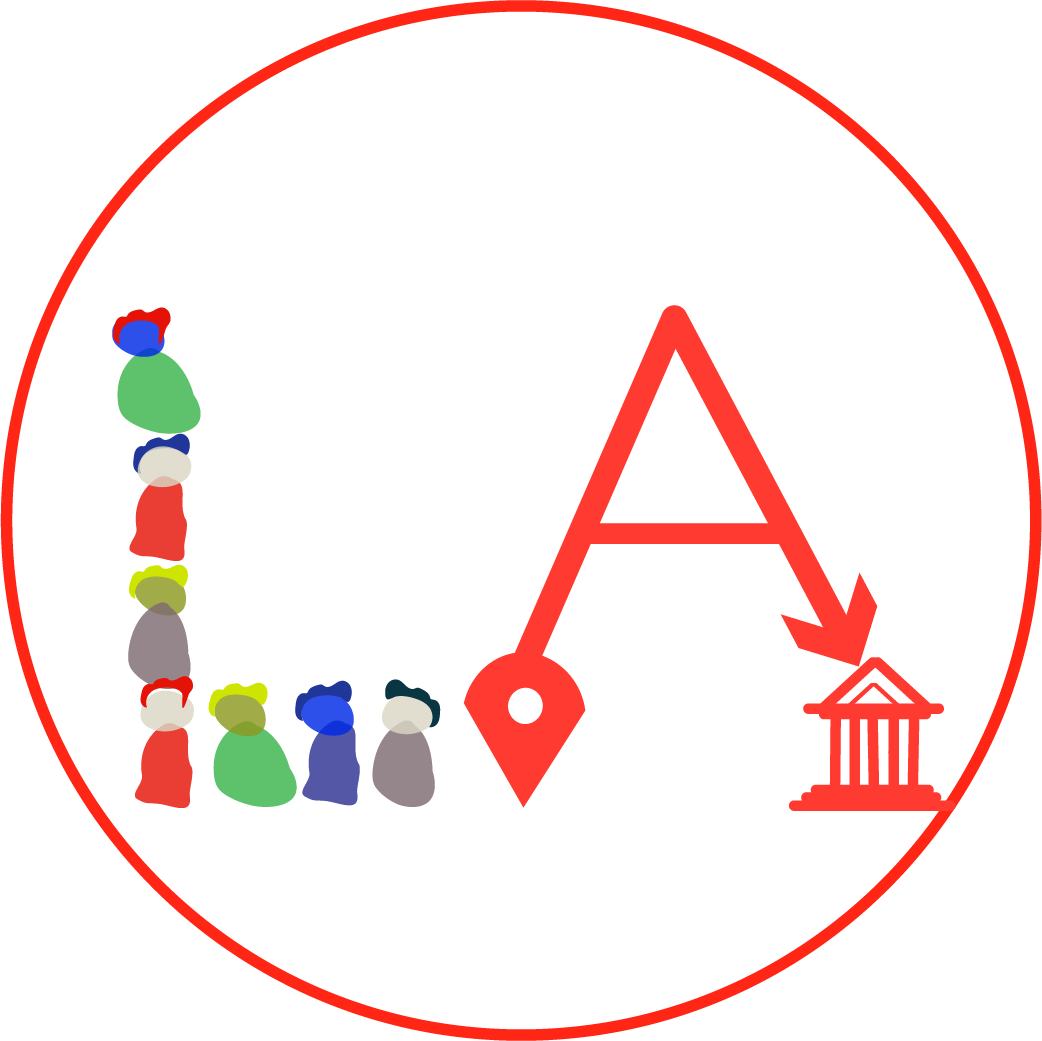The Ikigai project offers large-scale digital solutions for structures unable to do so, developing educational cultural games.
With the incredible amount of digital edutainment products, it is difficult for new products to stand out, especially coming from the underqualified cultural sector. Ikigeit offers a team of professionals creating competitive offers compatible with each institution. Moreover, The Ikigai assists its partner with digital development and fundraising.
IKgai Game for Citizens consortium supports the national Convergences Culture project for cultural institutions with gamification tools development for cultural and scientific dissemination. The project has a continuously growing partner network, from universities and associations to labs. At its core is a multidisciplinary team of scientists and educators, together with video game professionals, including AI and Learning Analytics.

They have created several educational video games. Arusio offers an interactive reconstruction of the theatre in Orange, France, with interactions with Roman characters and discovery of the era, or take a virtual tour. The reconstructions are following scientific data and a team of experts from multiple sectors assisted in the high-definition 3D model of the building.
Benefits to cultural institutions:
- Radiate your institution: Video games are the world’s first cultural industry, offering new modes of exploration and dissemination. Ikigai aims to utilize gamification for worship mediation, utilizing the creative and educational potential for meaningful achievements and scalable monument enhancements.
- Open to new audiences: 73% of French people occasionally play video games, attracting audiences away from official culture. Ikigai’s games support museums’ social role by offering attractive tools for finer cultural dissemination.
- Games recommended by teachers: Ikigai, a consortium of universities, colleges, research laboratories, associations, and video game professionals, aims to connect the cultural sector and education initiatives. With 12 million secondary school pupils and three million students seeking cultural video games, Ikigai aims to benefit cultural institutions by leveraging its unique pedagogical expertise in higher education and research.
- Associated services: Educational video games offer content editors and dashboards for gamified visit routes, allowing for the development of educational sheets and event announcements. Collecting data on institution visit frequency, making it a valuable resource for enhancing cultural policies and engaging audiences.
- Collection usage data: Player traces provide usage data, success rates, and engagement rates. Learning analytics enable personalized recommendations and impact measurements. Ikigai’s games offer long-term public relationships, ensuring innovation and meeting user expectations.
- Cultural hackathons: Ikigai offers video games for solo or group practice, featuring animations for one-off events and multiplayer modes for cultural hackathons, fostering collective engagement and engagement.
- The virtual to better discover the real: video games gamify an academic approach, simplifying or increasing parameters to make them more accessible. Arousing curiosity and reinforcing interest in players, encouraging them to explore the reality behind the fiction. The scripting of a cultural education game can establish a fruitful dialogue between the site and its game, using virtual reality as a compass for exploring the world.
Our Take
The Ikigai project offers equality in the digital development of the cultural sector with the assistance of smaller institutions and in general, helping them meet the high standards of commercial industry. At the same time, the project popularises and makes accessible edutainment to all kinds of instituons.
I want to learn more:

